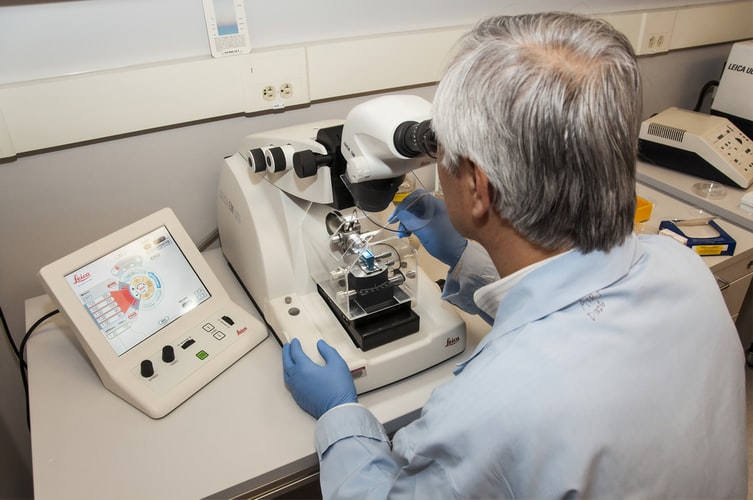Today is World Cancer Day, and the Belgian Foundation Against Cancer has drawn on the experiences of the past year with its message for today: it is possible to combat a major disease, if the resources are present.
The proof: not only the developments in cancer research emerging on an almost daily basis, but also the remarkable progress in the fight against Covid-19, which has seen three vaccines already approved in Europe, and more in the pipeline in a period of less than one year since the disease was virtually unknown.
The giant steps taken so far in cancer research cannot be overstated, and have led to a situation where the fine-year survival rate now stands at almost 70%, compared to 40% in the 1970s.
“Over the past 50 years, research into the mechanisms, development and treatment of cancer has made tremendous progress,” says the Foundation.
“In addition, early detection programmes, coupled with better treatments, contribute to the reduction of the premature death rate year after year.”
But now is not the time to settle back and enjoy the progress, according to Professor Eric Van Cutsem, president of the Foundation.
“Belgium is playing in the Champions League of cancer research,” he told De Standaard.
Related News
- EU wants to put calories in drinks on alcohol bottles
- EU’s new approach to prevention, treatment and care of cancer
“Research has taught us the mechanisms that underlie cancer, as well as the growth, expansion and metastasis of cancer cells. We have already made a lot of progress, but we are not there yet. That is why we need ongoing support to continue to invest in innovative and creative research projects.”
The Foundation has spent more than €200 million over the last 30 years on cancer research; funds that came not only from governments but also in large part from individuals, companies and associations. Belgium is now one of the world leaders in the promising field of immunotherapy.
But the last year, for all the positive messages it has delivered on medical resourcing and cooperation, has had one negative side-effect on cancer: the number of people attending doctors and hospitals for diagnosis and treatment has gone down, either because hospitals were overworked or because patients were reluctant to visit the doctor.
That means that diagnoses and treatments alike are postponed, as the disease continues to grow. When the patient does return, the cancer has had the chance to develop further. The full implications of that development remain to be seen.
Alan Hope
The Brussels Times

